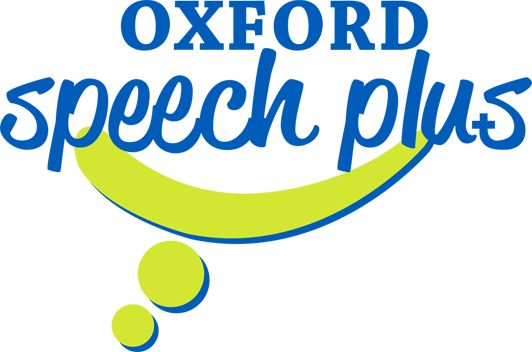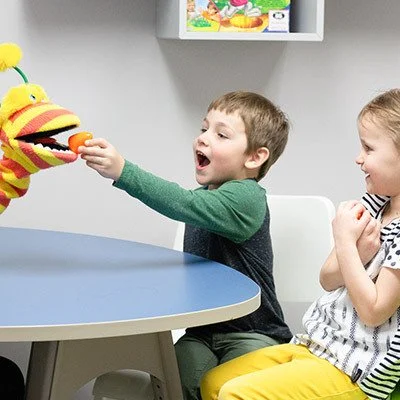
Orofacial Myofunctional Disorders
What are Orofacial Myofunctional Disorders?
Orofacial Myofunctional Disorders (OMDs) are conditions that involve abnormal patterns of the muscles and functions of the face and mouth. These disorders can affect various aspects of oral function, including breathing, swallowing, tongue posture, and speech. At Oxford Speech Plus, we have a trained Speech-Language Pathologist who can assess clients with suspected OMDs and provide interventions to support these clients. Our SLP will also collaborate with other community professionals when needed (e.g., dentists, ENT, doctor, orthodontist, chiropractor, occupational therapist, osteopath, and craniosacral therapist) in order to assist our clients in achieving optimal health and well being.
How Can an SLP Assess & Treat Orofacial Myofunctional Disorders?
A speech-language pathologist assesses the structures and the way the lip, cheeks, teeth, jaws and tongue move. This is done by watching the child speak and as a part of the OMD assessment, we also investigate how they swallow foods and liquids. An SLP is trained to focus not only on the structures, but the function of those structures to support speech, swallowing and breathing.
Should I refer my child or myself for a myofunctional disorders assessment (ages 3- adults)?
The American Speech-Language and Hearing Association reports some signs of orofacial myofunctional disorders:
Tongue Thrust: Inappropriate tongue movement during swallowing.
Incorrect Tongue Posture: Resting the tongue in an incorrect position, impacting oral and facial development.
Thumb Sucking: Prolonged thumb/finger sucking or pacifier use, leading to changes in oral structures (e.g., high, narrow palate which will allow less room for adequate tongue placement for speech, swallowing and breathing).
Open Mouth Posture: Habitual breathing through the mouth rather than the nose (e.g., mouth breathing during sleep, drooling, food spilling out of mouth while eating)
Sleep Difficulties: Restless sleep, waking frequently, incontinence, mouth breathing during sleep
Speech Sound Disorders: Articulation issues that may be related to tongue and lip movement.
Potential Causes of Orofacial Myofunctional Disorders:
Blocked nasal passages due to enlarged tonsils
Tethered tissues impact the ability of the oral structures to move effectively for speech, swallowing and breathing (e.g., tongue or lip tie)
A typical sucking or chewing habits passed (e.g., thumb or finger sucking, or long term use of a pacifier.
Fees for Orofacial Myofunctional Assessment & Therapy
Please contact us if you would like to learn more about these services and our fees.
Don't Delay!
If you are concerned that you may have orofacial myofunctional disorders, do not delay seeking a trained Orofacial Myofunctional Therapist for an assessment. If untreated, a variety of complications may impact overall health and well being (e.g., orthodontic needs, facial development, breathing, sleeping and jaw joint problems).


